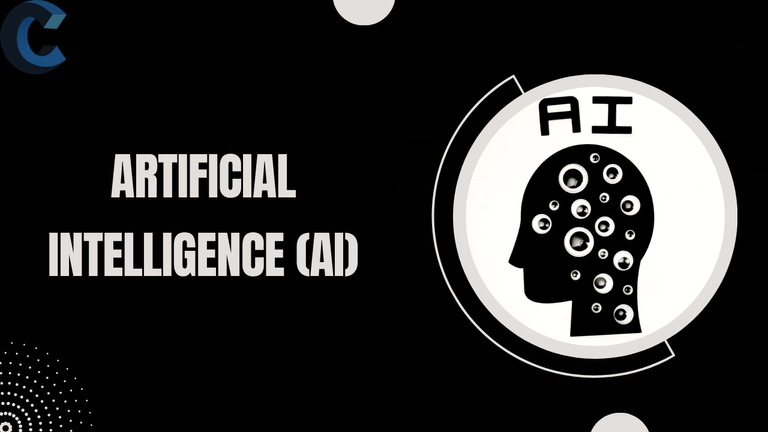Let us delve deeper into this topic, which we did not give its time last time

Artificial Intelligence (AI) stands at the forefront of technological evolution, reshaping industries and redefining the way we interact with machines. With its roots tracing back to ancient philosophy and folklore, the modern era has witnessed an unprecedented surge in AI development, unlocking a realm of possibilities that were once confined to the realms of science fiction.
At its core, AI refers to machines or software designed to mimic human intelligence. This involves tasks such as learning, reasoning, problem-solving, perception, and language understanding. Machine learning, a subset of AI, enables systems to learn from data and improve performance over time without explicit programming.
One of the key areas where AI has made significant strides is in automation. Routine and repetitive tasks that once consumed human hours can now be efficiently handled by AI systems. This not only enhances productivity but allows human resources to focus on more complex and creative endeavors. Industries ranging from manufacturing to customer service have witnessed the transformative impact of AI-driven automation.
In the realm of healthcare, AI is revolutionizing diagnostics and treatment plans. Advanced algorithms analyze medical data, aiding in the early detection of diseases and offering personalized treatment recommendations. This not only accelerates the decision-making process but also contributes to more accurate medical interventions.
AI's impact extends to the business landscape, where it plays a pivotal role in data analysis and decision-making. Predictive analytics powered by AI allows businesses to forecast trends, optimize operations, and tailor strategies for maximum efficiency. Customer interactions are also being reshaped with the integration of AI-driven chatbots, providing instant and personalized responses.
The entertainment industry has embraced AI for content recommendation and creation. Streaming services leverage AI algorithms to understand user preferences and offer curated content, enhancing user experience. Moreover, AI is venturing into creative domains, generating art, music, and even literature, blurring the lines between human and machine creativity.
However, the rise of AI is not without challenges. Ethical considerations, privacy concerns, and the potential impact on employment are areas that demand careful scrutiny. Striking a balance between innovation and ethical practices is crucial to ensure responsible AI development.
Looking ahead, the future of AI holds immense promise. Continued research and advancements in machine learning, natural language processing, and robotics will propel AI into new frontiers. As AI continues to evolve, fostering collaboration between humans and intelligent machines will be essential to harness its full potential for the betterment of society.
In conclusion, Artificial Intelligence is more than a technological marvel; it is a transformative force reshaping the landscape of human existence. From automation to healthcare, business strategies to creative pursuits, AI is leaving an indelible mark on every facet of our lives, promising a future where intelligent machines collaborate harmoniously with human ingenuity.